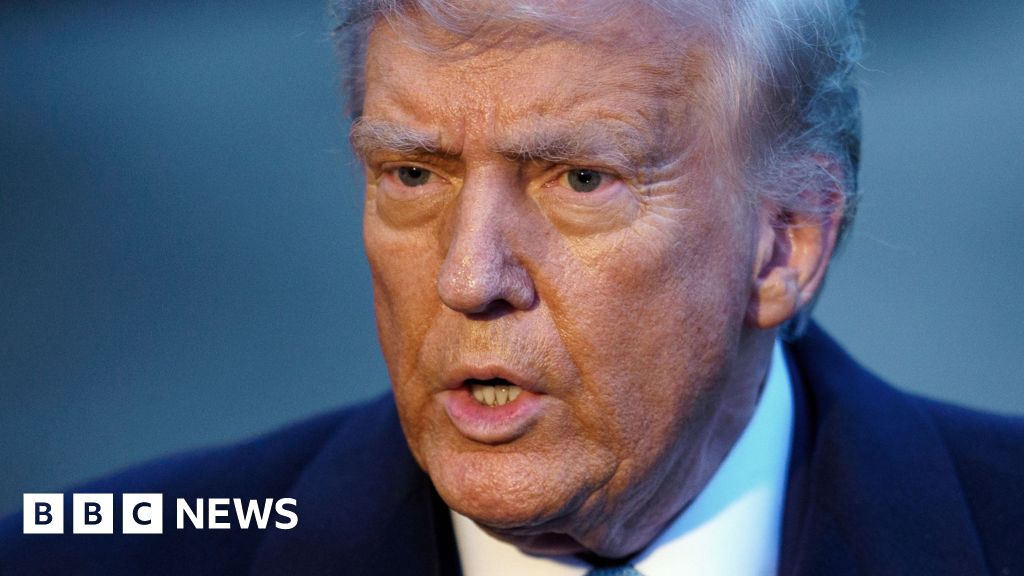- cross-posted to:
- [email protected]
- cross-posted to:
- [email protected]
Summary
Trump announced that 25% tariffs on imports from Canada and Mexico will take effect on February 1, though a decision on including oil remains pending.
He justified the move by citing undocumented migration, fentanyl trafficking, and trade deficits.
Trump also hinted at new tariffs on China.
Canada and Mexico plan retaliatory measures while seeking to address U.S. concerns.
If oil imports are taxed, it could raise costs for businesses and consumers, potentially contradicting Trump’s pledge to reduce living expenses.



I literally linked you to a large collection of their statements on the matter, backed by data. “Appeal to authority” isn’t a magic phrase that lets you dismiss expertise entirely. “Appeal to authority” is a fallacy, but “deferring to expertise” is not. I’m not saying these tariffs are wrong because economists say they are, but that it’s reasonable to accept consensus opinion of regarded experts without walking through every step of their argument.
https://www.cambridge.org/core/books/abs/informal-logic/appeals-to-authority/F455E1D4279677917F379D9464A76060
I specifically mentioned that they can be wrong, and that it’s maybe worth reconsidering when you’re disagreeing with the experts. Of course engineers can make mistakes. But if a group of them say “that bridge is unsafe, we can show you our calculations”, and a non-engineer says that they have an “intuitive feeling” that it is, I know who I’m listening to.
Are you going to keep shifting to different topics? As far as economic arguments go “there’s a theoretical economist who thinks this is a good idea that I haven’t cited and that agrees with my intuition” is… Not very interesting.